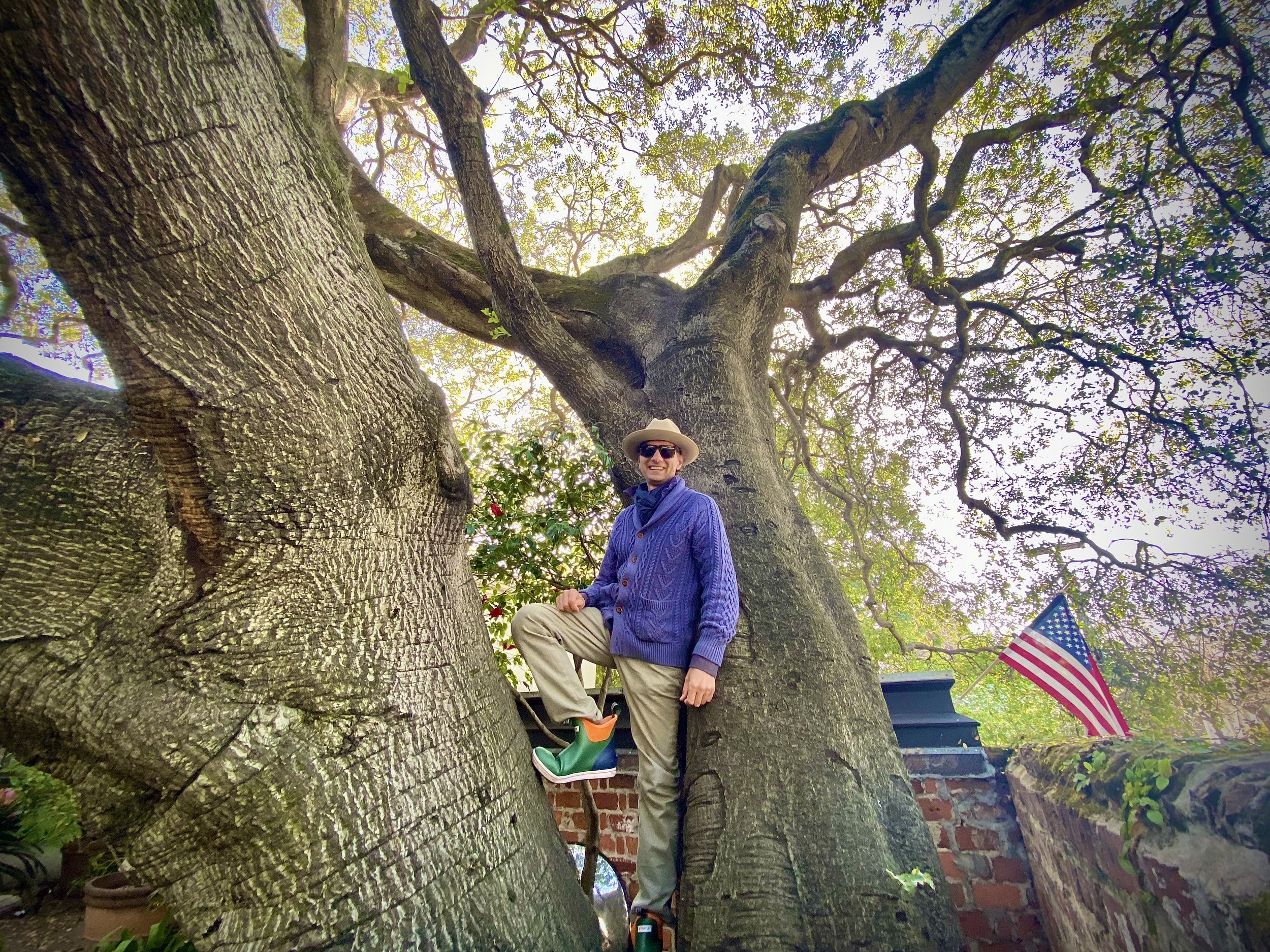Startup Health: "We Need To Think About Healthcare Globally, Not Locally" (Unity Stoakes)
Startup Health - the US-based organization supporting digital health innovators across the world is 11 years old. It currently supports 400+ companies in 27 countries across the world. 80% of startups still come from the USA, but that will hopefully change, with a higher percentage of innovators coming from other parts of the world, hopes co-founder and President of Startup Health Unity Stoakes.
Listen to the full discussion in iTunes or Spotify.
Investments in digital health have been steadily rising for the few last years. 6.2 billion dollars were invested in digital health startups in 2015, 44 billion in 2022, according to Startup Health.
Startup Health is a US-based organisation supporting digital health innovators across the world and globally spreading optimism about the potential of technology in healthcare. The vision that drives that optimism is the hope that we can bring access to healthcare to everyone in the world, that we can beat cancer and cure diseases such as diabetes or Alzheimer’s.
That vision is important because healthcare innovation is not for the faint-hearted and as health indicators show, currently, life expectancy and health are worsening across the world, says co-founder and president of Startup Health Unity Stoakes. He hopes to see more cross-sector collaboration for improved health in the future. “I'd like to see more of the silos breakdown. I'd like to see more collaboration between the industry and startups. I'd also like to see more collaboration between other industries collaborating together on things that impact health, wellness, and healthcare. Climate, food, water, and healthcare; they're all interconnected in so many ways. We have a lot more work to do in terms of breaking down silos and shifting the lens to global health in terms of the economic opportunity and the investment opportunities that exist globally,” he says.
Unity Stoakes.
From inventing technologies to adopting them
5 Startup Health companies went public so far, 28 have been acquired by April 2022. The market is maturing which is seen in the number of companies that attract investments. The total amount of investments has been increasing for several years, but the number of companies that are invested in is staying roughly the same. More mature companies are attracting higher amounts of funding, comments Unity Stoakes. “In the first many years of Startup Health, we were talking about technology. We were inventing technology. We were bringing technology to market, but it wasn't being used. It wasn't being adopted. But in the past 24 to 36 months we've really seen that shift really fast.”
Global growth
Startup Health is a global community, that regularly invests in startups across the world. Unity Stoakes hopes the geographical diversity of startups will increase in the upcoming years. In terms of challenges Startup Health as an organization is facing in their global expansion, Unity says they’re similar to challenges any global company is faced with. “How do you bring together innovators from all over the world, in the physical real world? It's expensive to do that. It's challenging. What we've really leaned into is focusing more of our program and connectivity. Leveraging virtual tools and technology. I think there's a great opportunity with things like blockchain for data sharing, and leveraging web3 and the future innovations that are coming more broadly to the internet to accelerate global collaboration among our health transformers. Apart from that, we have the same challenges any global company experiences. How do you work across time zones? How do you work across different language barriers? How do you work across different cultural barriers? And even investing is challenging globally. It's a lot easier to make investments in companies that are just in one country when you've got to deal with different paperwork or different diligence structures across different regions, that can be time-consuming. That can be expensive. So what we try to do is standardize everything, streamline everything, and create opportunities that are global. I've been inspired by companies like GE or IBM or Amazon that are in150+ countries. Big corporations had figured it out, then I'm sure that we can figure it out because I think the opportunity to speed up innovation is too great.”
Thinking about healthcare globally
We often say healthcare is too complex on local levels for there to be a global solution that would fit well with different countries and cultures across the world. Looking at healthcare less locally has its opportunities thought, believes Unity Stoakes, because seeing innovations across the world opens up an opportunity for cross-pollinating the innovation. “I believe the whole network of companies, the whole global army of companies can actually build better innovation and get to market more effectively. I've heard in the conference circuit for my whole career how regional health care is, how regional health is. But what surprised me is health is one of the few things that's actually universal. It impacts all humans. It impacts all of us. We all need health and health care. So there is also a great universality of what's truly needed. Yes, regulations are different. Yes, cost structures are different. Delivery mechanisms need to be different. So while there's this very fragmented reality, globally, there's also, I think a lot of opportunities. We're starting to see some of the large technology companies think this way, these now trillion dollar plus companies like Apple or Amazon entering healthcare. This goes back to why I believe it's important to be thinking about innovation globally. I believe there's an opportunity to leapfrog past some of these challenges and not incrementally move forward.”
This is just an excerpt. Listen to the full discussion in iTunes or Spotify.
If you want to go down the memory lane of digital health, you can also tune in to the interview with Unity in 2017:

